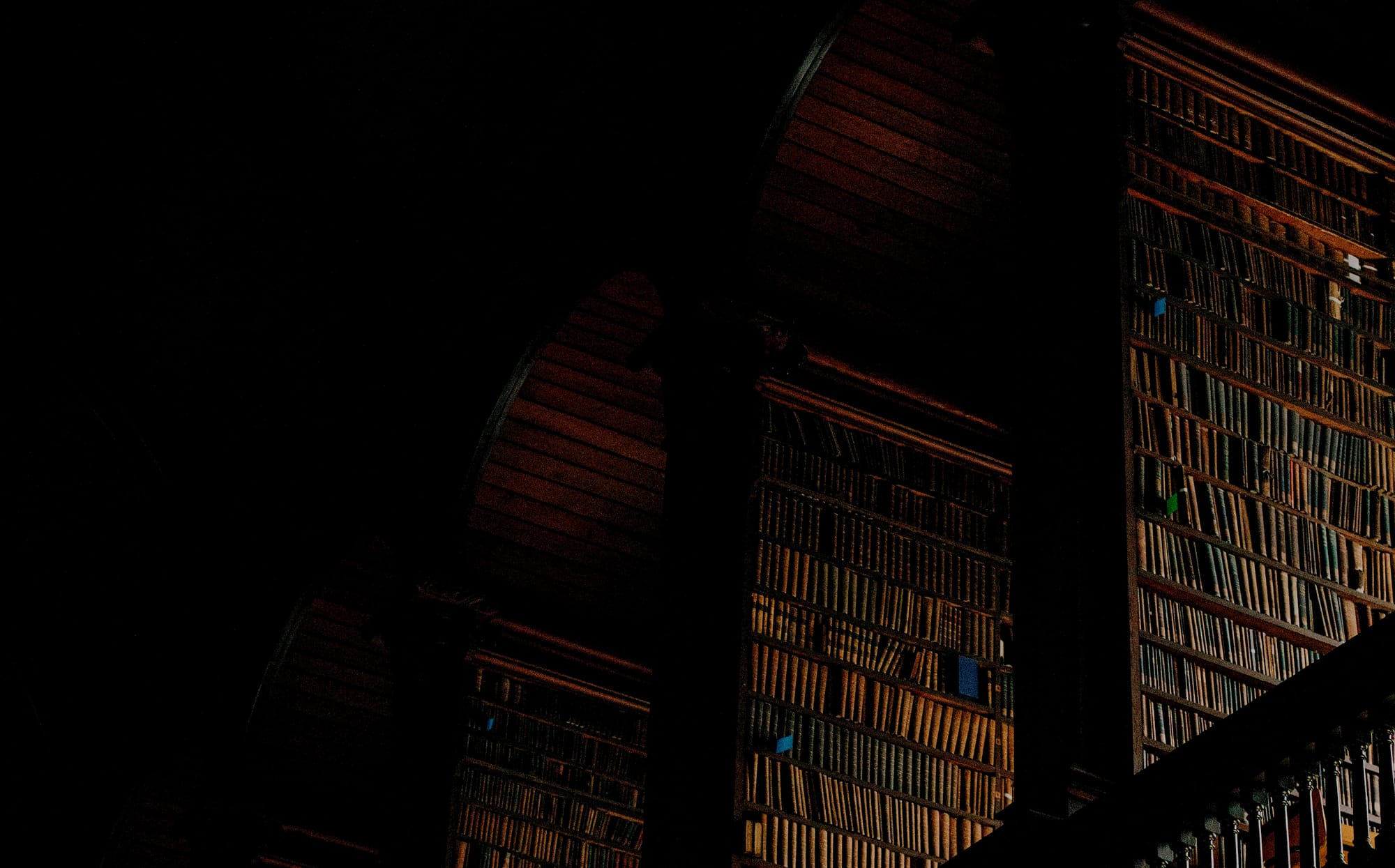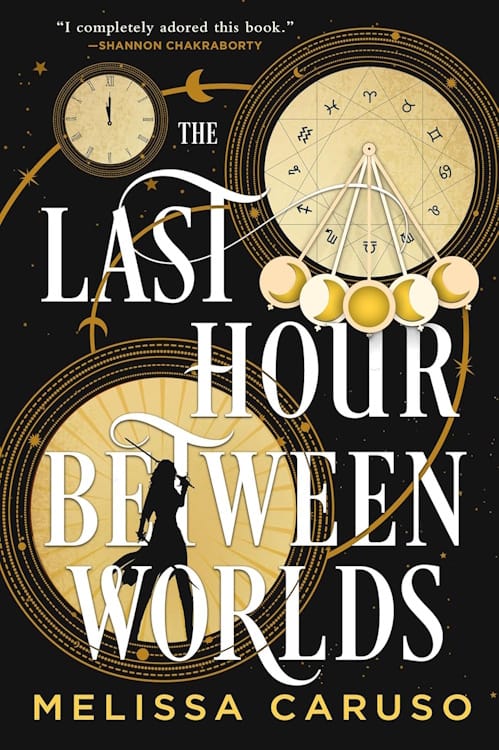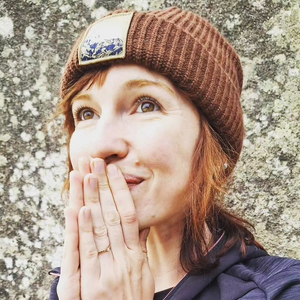Table of Contents
Content Warnings: mass death, impossible moral choices, reality distortion, coercion, sacrifice, violence, death
This book came to me as a metaphorically dog-eared suggestion from my friend Eliot, and I'm so glad they suggested it; it's just the sort of book I love. In The Last Hour Between Worlds, the latest release from Melissa Caruso, the author builds up catastrophes like a clockmaker who's bent on breaking time. She coaxes loose each cog until the whole contraption convulses, collapses, and casts loose pieces to ping across the floor—okay, that metaphor got away from me.
Even in moments when Kembral, our protagonist, is staring down impossible choices, the book won't hand us heroes wrapped in moral certainty. And she's not even supposed to be working; she's on leave! Instead, we watch people scrabble for meaning when every path leads through wreckage, their words worn thin by the particular—and too familiar—fatigue that comes from having no good options left. What cuts even deeper than this philosophical weight is how Caruso lets her characters speak with brutal honesty instead of pretty lies. Maybe I'm hearing echoes of my own bone-tiredness in Kembral's voice, but heck—I know many of you are just as exhausted as I am with impossible choices, these days.
The fantasy elements in the story work like emotional architecture—and yes, I realise I just called magic 'architecture', but bear with me here. Caruso makes reality itself intentionally wobbly. Each "echo" carries extra freight. When the world goes "blurry, like someone erased it and wrote over it," trauma gets literalised through magical realism that keeps metaphysical concepts tethered to recognisable human hurt. Think of how a teacup's hairline crack creeps along, almost invisible, until one morning it splits clean through in your grip. It's much like that, though the metaphor is too gentle for what Caruso serves up. It reminded me of reading The Fifth Season for the first time—that same feeling of the world literally breaking apart, except Caruso's fractures happen faster and with less warning. Her world-building moves without mercy, fractures fast, as new terminology piles up during crisis scenes like debris in the clean-up after an explosion.
There are moments when dialogue digs up character traits like an archaeologist, where voices and personality traits get the dirt brushed off of them, and suddenly you're seeing the messy bits people usually keep buried. Kembral's "respectfully, this isn't the moment for dramatic gestures" made me physically wince—it's deflection dressed up in desperate, sarcastic politeness. I wasn't sure if I wanted to reach through the page and shake her or hide under a blanket because my own conflict-avoidance was being called out so hard. The Midwesterner in me totally gets using manners as armour when things fall apart—I once said "excuse me" to a door that hit me in the face. Caruso weaponises that kind of courtesy like she knows it as well as I do. That's a precision which can, sometimes, read more like authorial commentary than authentic human response, but here? I think it works.
Maybe I'm reading too much into it, but Caruso's treatment of consent under coercion felt less like abstract philosophy and more like lived experience. There are moments I desperately want to spoil—seriously, the restraint is killing me—where Caruso won't let sacrifice be pretty or easy. She makes you engage with the awful necessity of it, and the text earns these story beats through an accumulation of scenes brimming with impossible choices. There are no easy outs.
But here's what surprised me: Caruso trusts us to sit with discomfort. We don't get an answer to every question. She doesn't show us a justification for every choice. Kembral just has to live with the wreckage she's made, sometimes, just like we so often do. You know what? I'm okay with that. It's actually refreshing in a genre where most problems get solved by either stabbing something or having a heartfelt conversation—preferably both.
All in all, I adored this book. If you're on the lookout for a morally murky fantasy-mystery without clean heroes, then you'll find rich material here. If you're hunting for traditional heroic journeys or clear ethical answers, you'll probably chafe against ambiguity that spurns such comfortable categories. To anyone who's sensitive to themes of mass death or unstable realities, either skip this one or come in prepared—this book's examination of catastrophic decisions shows no mercy.





Comments